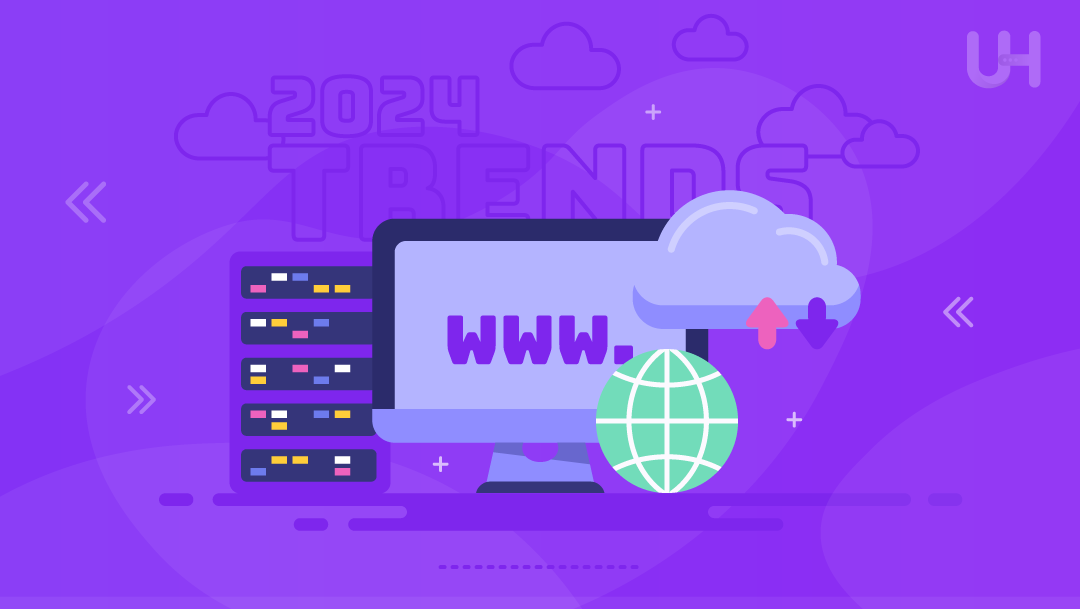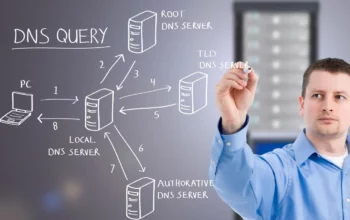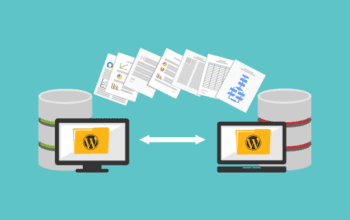The web hosting industry is constantly evolving, driven by technological advancements, changes in user behavior, and growing demands for faster, more secure, and more efficient online services. As we look toward 2025, several trends are emerging that will shape the way businesses, developers, and individuals approach web hosting. In this article, we’ll explore the top five web hosting trends to watch in 2025 and how they could impact your online presence.
Increased Adoption of Cloud Hosting
Cloud hosting has been around for some time, but its adoption is expected to accelerate significantly in 2025. Businesses and individuals are increasingly moving away from traditional shared and dedicated hosting solutions in favor of cloud-based hosting due to its flexibility, scalability, and cost-effectiveness.
Why Cloud Hosting is Gaining Traction:
• Scalability: Cloud hosting allows you to scale resources up or down based on your needs, making it perfect for businesses that experience fluctuating traffic.
• Pay-as-you-go: Cloud hosting operates on a consumption-based model, so you only pay for the resources you use, which can save money.
• Reliability and Uptime: With multiple data centers spread across various locations, cloud hosting offers superior reliability and uptime compared to traditional hosting.
• Global Reach: Cloud hosting enables your website to reach a global audience with data centers located around the world, ensuring faster load times for users regardless of their location.
As cloud providers continue to innovate, businesses of all sizes will increasingly migrate to cloud platforms like Amazon Web Services (AWS), Microsoft Azure, and Google Cloud for their web hosting needs in 2025.
Rise of Managed Hosting Services
Managed hosting services are becoming more popular, as businesses look for more convenient and efficient ways to manage their web hosting. In a managed hosting setup, the hosting provider takes care of all server management, maintenance, updates, and security, freeing up valuable time and resources for businesses to focus on their core operations.
What’s Driving the Trend Toward Managed Hosting?
• Expertise and Convenience: Managed hosting providers offer specialized expertise in server configuration, optimization, and security, allowing businesses to delegate these responsibilities.
• Increased Focus on Core Business: By outsourcing server management, businesses can focus on their products, services, and customer experience instead of worrying about infrastructure.
• Security: Managed hosting services include advanced security features such as firewalls, regular backups, malware scanning, and security patches, which protect businesses from cyber threats.
• Compliance: Many industries have strict regulatory requirements (such as GDPR for data privacy). Managed hosting providers can help ensure compliance with industry standards, which is crucial for businesses operating in regulated environments.
As more businesses recognize the value of having a dedicated team of experts managing their hosting environment, the demand for managed hosting services will continue to grow in 2025.
Emphasis on Website Speed and Performance Optimization
In 2025, website speed and performance optimization will remain critical factors for both user experience and search engine rankings. With Google’s increasing focus on Core Web Vitals and user satisfaction metrics, businesses will need to adopt hosting solutions that prioritize fast loading times, low latency, and optimal performance.
Why Website Speed Matters:
• SEO Impact: Search engines like Google prioritize fast websites in their rankings. A slow website can negatively affect search engine visibility, making it harder for businesses to attract organic traffic.
• User Experience: In today’s fast-paced digital world, users expect websites to load in seconds. Slow-loading websites can result in high bounce rates, decreased user engagement, and lower conversions.
• Mobile Optimization: With the growing use of mobile devices, optimizing websites for mobile performance is crucial. Hosting solutions that support responsive design and mobile-first optimizations will be essential in 2025.
Web hosting providers are increasingly offering solutions with built-in performance enhancements, such as Content Delivery Networks (CDNs), caching technologies, and HTTP/2 support. In 2025, businesses will need to leverage these tools to ensure their websites load quickly and provide a seamless user experience.
Sustainability and Green Hosting Solutions
As environmental concerns continue to rise, businesses and individuals alike are becoming more conscious of the environmental impact of their online presence. This has led to an increasing demand for green hosting solutions, which aim to minimize the carbon footprint of web hosting operations.
Why Sustainability Matters in Hosting:
• Energy Efficiency: Traditional data centers consume a significant amount of energy, and many hosting providers are transitioning to more energy-efficient technologies to reduce their carbon footprint. Renewable energy sources, such as solar and wind power, are being integrated into data center operations.
• Eco-Friendly Data Centers: In 2025, expect more hosting providers to build or partner with data centers that are LEED-certified or powered by renewable energy. These eco-friendly data centers help reduce the environmental impact of web hosting.
• Consumer Demand: More customers are demanding sustainable and eco-conscious businesses. Companies that prioritize green hosting can differentiate themselves by showcasing their commitment to sustainability.
As sustainability becomes a priority for both consumers and businesses, hosting providers that adopt green initiatives will gain a competitive edge. By 2025, green hosting solutions are expected to become the norm, with an increasing number of businesses seeking eco-friendly hosting options.
AI and Automation in Web Hosting
The integration of Artificial Intelligence (AI) and automation in web hosting is set to revolutionize the industry. AI-powered tools and automated processes can help web hosting providers offer more efficient, secure, and scalable solutions for businesses.
How AI and Automation are Shaping Web Hosting:
• Automated Server Management: AI can be used to automate server management tasks, such as load balancing, security monitoring, and traffic routing, reducing the need for manual intervention. This makes hosting services more reliable and efficient.
• Predictive Analytics: AI can analyze vast amounts of data to predict traffic patterns, identify potential issues before they occur, and optimize server resources to handle peak loads.
• Chatbots and Customer Support: AI-powered chatbots are being used to provide instant customer support, answering common questions and resolving issues quickly. This enhances the overall user experience and reduces downtime for businesses.
• Personalization: AI can help web hosting providers offer more personalized solutions by analyzing a customer’s usage patterns and suggesting optimizations based on their specific needs.
As AI and automation technologies continue to advance, web hosting providers will increasingly use these tools to enhance the efficiency, security, and scalability of their hosting solutions. In 2025, businesses can expect to see even more sophisticated hosting platforms that leverage AI to deliver superior performance and customer service.
Conclusion
The web hosting industry is undergoing rapid transformation, and the trends emerging in 2025 will continue to shape how businesses manage their online presence. From the rise of cloud hosting and managed services to the increasing focus on sustainability and AI-powered automation, the future of web hosting promises to be more efficient, secure, and environmentally conscious.
As a business owner or website manager, staying on top of these trends is crucial for ensuring that your website performs well, meets user expectations, and aligns with the latest industry standards. By embracing these trends, you can ensure that your online presence is future-proof and able to thrive in an increasingly digital world.











